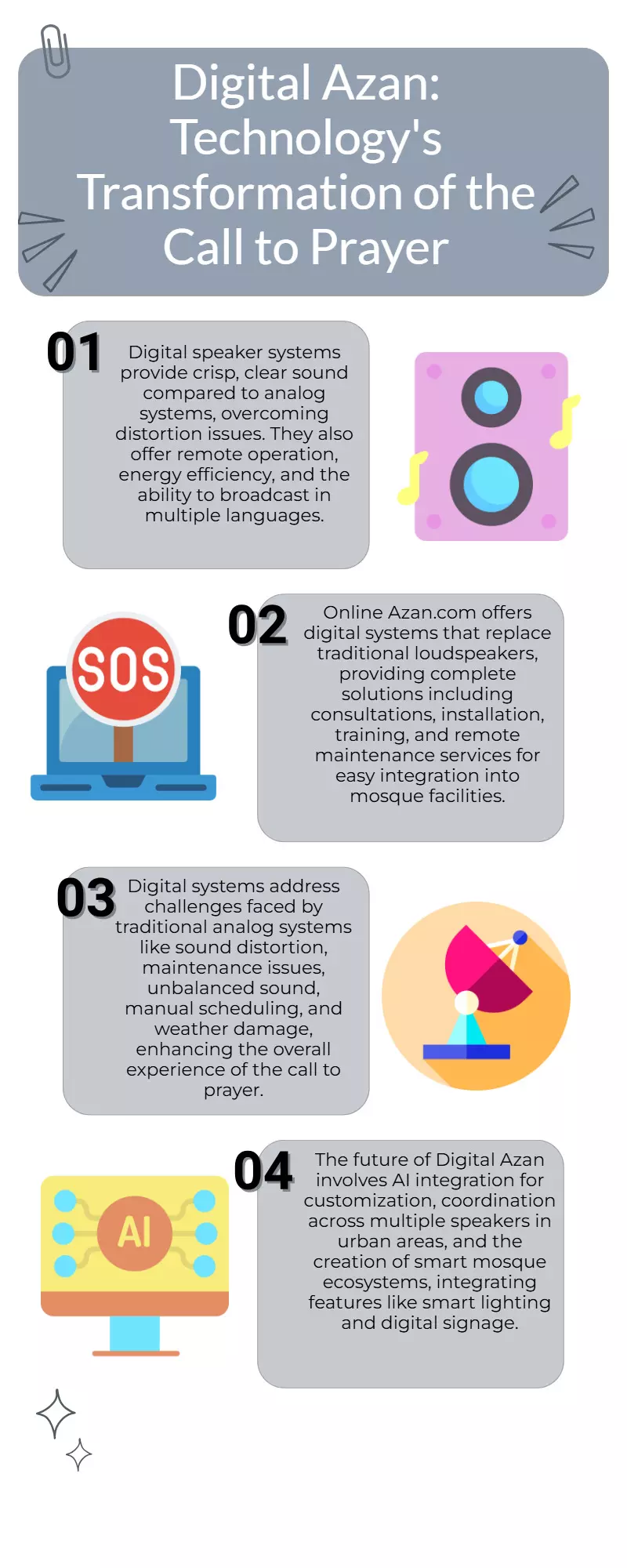Without Loudspeakers, Mosques Find New Ways to Broadcast Azaan

By : Krishna Mishra
In the wake of court directives enforcing noise pollution rules, Mumbai police removed over 1,600 loudspeakers from religious structures—1,149 of them from mosques—prompting the city's Muslim community to find innovative ways to continue the daily azaan.
Chief Minister Devendra Fadnavis recently announced that Mumbai has been made a "loudspeaker-free" city. While the move has triggered legal challenges citing infringement on religious freedom, several mosques have already begun adapting to the change through technology.
One such initiative emerged in Maharashtra Nagar, Mankhurd, where a housing society installed speakers in 50 individual flats. These speakers are directly connected to nearby mosques. As soon as the muezzin begins reciting the azaan, residents hear it inside their homes. “We anticipated the loudspeaker removal and set up this system in September last year,” said Razzak Shaikh, who led the project.
Meanwhile, a mobile application called OnlineAzan—developed in Tirunelveli, Tamil Nadu—is gaining popularity in Mumbai. Originally designed for Muslims living far from mosques, the app now allows worshippers to hear the azaan in real time, streamed directly from their own mosque. Over two dozen mosques, including Mahim Juma Masjid and Sunni Badi Masjid at Madanpura, have adopted the app.
“All users receive the azaan as soon as the muezzin begins,” said 70-year-old lawyer Allapitchai M, who initiated the app’s development. Initially hesitant to share it outside Tamil Nadu, he eventually agreed after learning about the situation in Mumbai.
The app, offered free through the website onlineazan.com, was created for charitable purposes. Each mosque can request integration, and its community can receive azaan broadcasts on mobile devices.
Noor Masjid in Trombay was among the first in Mumbai to use OnlineAzan. “We’ve used it for three months now. The response has been overwhelmingly positive,” said local social worker Mohammad Ibrahim.
As court hearings continue, community leaders urge more mosques to adopt digital tools rather than wait for legal outcomes. “Technology offers us a peaceful and effective solution,” said Mohammad Iqbal of the Sunni Badi Masjid.
While azaan has been traditionally amplified through loudspeakers to reach larger audiences, these new alternatives ensure that the spiritual call continues—quietly yet powerfully—within homes and smartphones across the city.
